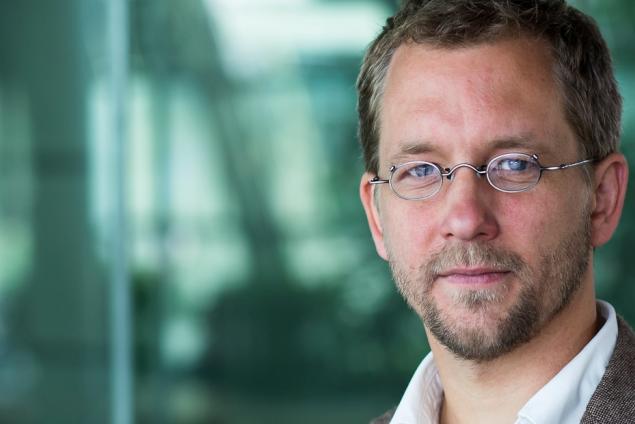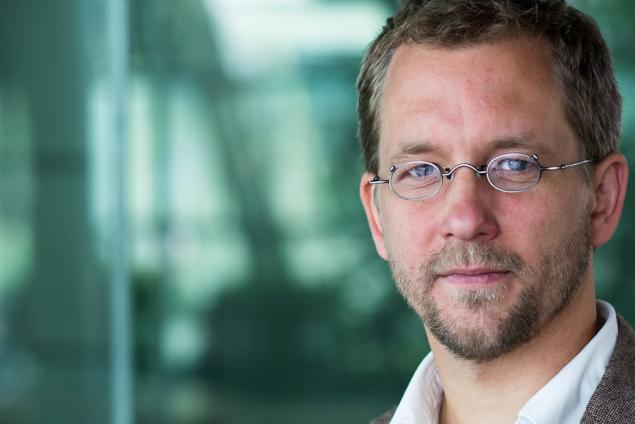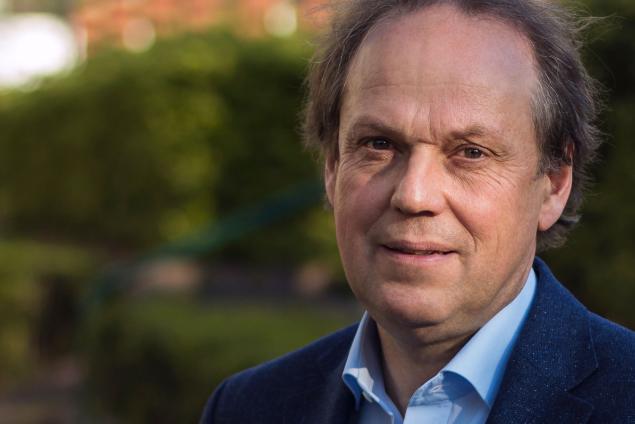Scroll to Section:
The UNESCO World Heritage title has become a powerful global brand. It influences people’s decisions of where to travel and conveys prestige and national pride. CHRISTOPH BRUMANN and his research group investigated how this title is being awarded and what its consequences are on the ground at the chosen sites. Brumann explains in this video that using a two-fold anthropological approach, the researchers found that, since 2010, national interests have become the guideline for the UNESCO World Heritage Committee decisions, often brushing aside expert advice. On the local level, they discovered that communities often had little influence on the management of the sites and that these were rather maintained in the line of national interests. These findings suggest an unexpected assertion of national interests in contrast to global institutions’ advice.
DOI:
https://doi.org/10.21036/LTPUB10429
Institution
Max Planck Institute for Social Anthropology
The Max Planck Institute for Social Anthropology is one of the world’s leading centres for research in socio-cultural anthropology. Common to all research projects at the Max Planck Institute is the comparative analysis of social change; it is primarily in this domain that its researchers contribute to anthropological theory, though many programmes also have applied significance and political topicality. Fieldwork is an essential part of almost all projects.
Original publication
World Heritage on the Ground: Ethnographic Perspectives
Published in 2016Shifting Tides of World-making in the UNESCO World Heritage Convention: Cosmopolitanisms Colliding
Ethnic and Racial Studies
Published in 2014
Beyond
A Ground-breaking Scientific Revolution
An Alarming Challenge for Society
If I Had a Second Life
A Personal Reading Recommendation




